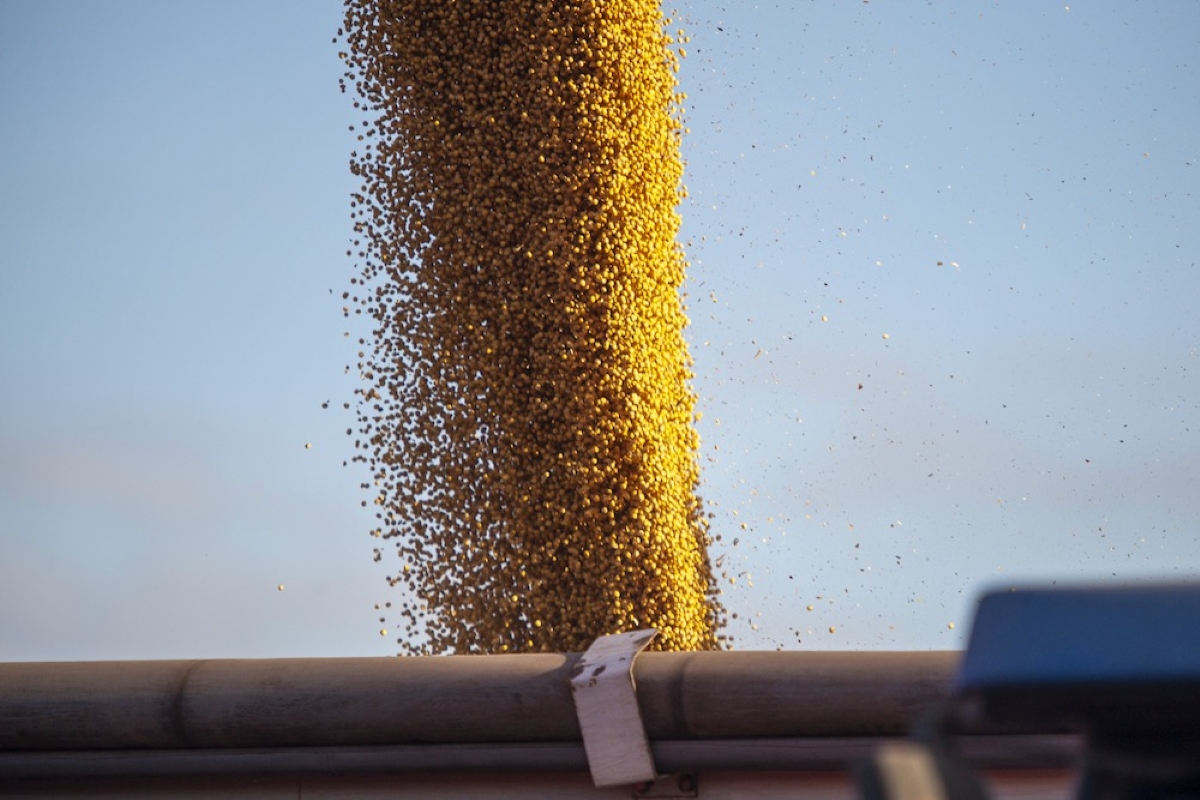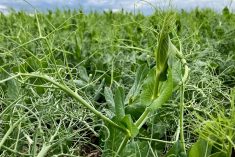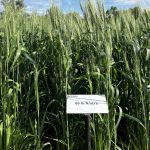Australia has agreed to a trade agreement that could see it export as much as 500,000 tonnes of feed grains into Indonesia tariff free in the first year.
The Indonesia-Australia Comprehensive Economic Partnership Agreement (IA-CEPA) includes provisions for a five per cent increase in allowable tariff-free feed grains into Indonesia each year.
The agreement is expected to be signed in November.
Indonesia relies entirely on imports for milling-grade and feed wheat, according to the U.S. Department of Agriculture.
Until now, Australia has only shipped milling wheat to Indonesia. Indonesia consumers generally prefer wheat varieties suitable for noodle-making.
Read Also

Brazil to reap record soy crop in 2025/2026, increase exports
Brazil’s Conab said the country will reap a record soybean crop of 177.6 million tons in the 2025/2026 harvest year, according to data released on Thursday.
Under the agreement, Australia will immediately remove all tariffs on Indonesian imports.
Grain commission exemptions
The Canadian Grain Commission has extended exemptions for feed mills, agents with primary or processing elevator facilities and producer rail-car loading facilities from licensing requirements.
The grain commission has decided to continue to allow grain operators in these three categories to continue to operate without a CGC licence if they meet the required conditions.
The decision comes after the commission gathered feedback from stakeholders and analyzed the risks posed to producers and the grain quality assurance system.
Fall armyworm
Farmers in India are trying to hold back the spread of fall armyworm, say reports in the Hindu Business Line.
Armyworms are currently infesting corn, but could spread into other crops if not controlled.
The pest is believed to have entered India from Africa and could cause major economic damages if not contained
While the worm is not new, it has appeared extensively in corn this year, GV Ramanjaneyulu, an agricultural scientist for the Centre for Sustainable Agriculture told The Hindu Times.
The problem is being made worse, he said, because farmers are using fewer corn varieties, opting to grow corn types that can be machine harvested.
Genetically modified varieties of Bt corn can offer one defence, said Ram Kaundinya, of the Alliance for Agri Innovation, an association of biotech companies. — CNS Canada













